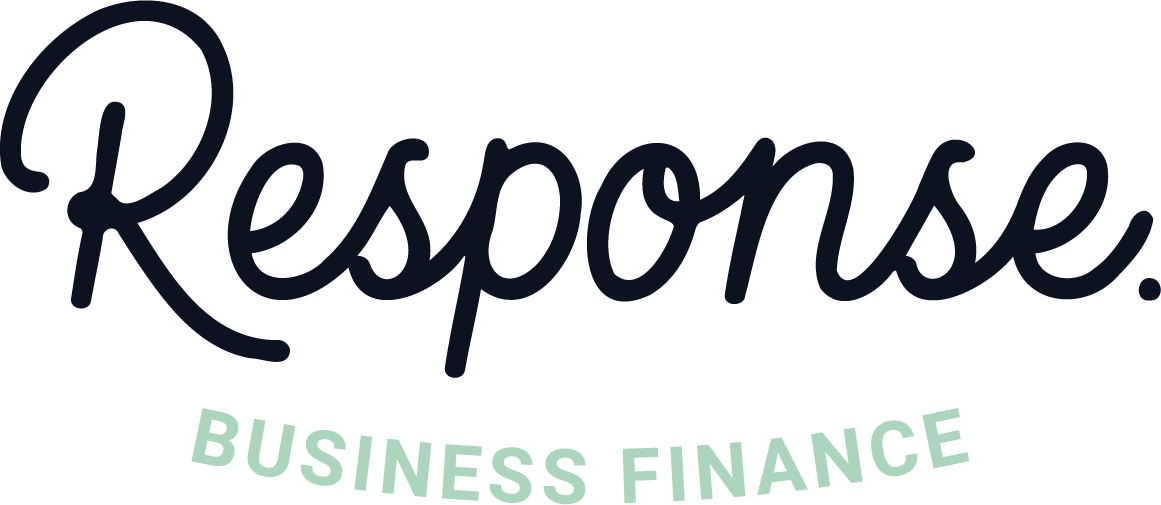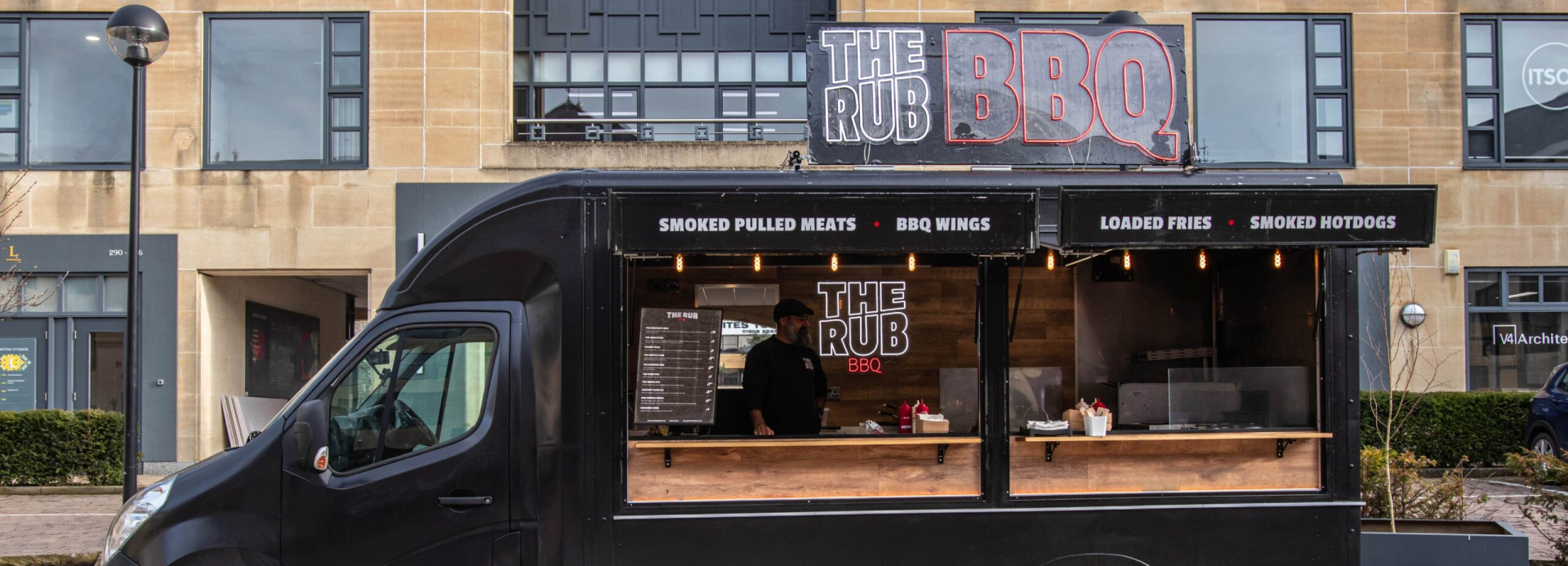
Blog Article by Response Business Finance
How Invoice Finance Improves Cash Flow for Small Businesses
Your customer placed a £50,000 order six weeks ago. You’ve delivered everything perfectly, sent the invoice, and now you’re waiting. And waiting. Meanwhile, you need to pay suppliers, cover payroll, and keep the lights on. Sound familiar?
This is the cash flow gap that kills small businesses. 82% of business failures are caused by cash flow problems, and late payments are often the trigger. But there’s a solution that can transform your cash flow overnight: invoice finance.
What Is Invoice Finance?
Invoice finance lets you unlock the cash tied up in your unpaid invoices. Instead of waiting 30, 60, or 90 days for customers to pay, you get money within 24 hours of sending your invoice.
Here’s how it works: A finance company advances you 80-95% of your invoice value immediately. When your customer eventually pays, the finance company releases the remaining balance minus their fee. It’s like having a cash machine connected to your sales ledger.
The numbers speak for themselves:
The Real Cost of Late Payments
Before diving into how invoice finance solves cash flow problems, let’s look at what late payments actually cost your business.
Direct costs:
Hidden costs:
A recent study found that 37% of small business owners have considered closing their businesses due to late payment problems. That’s how serious this issue has become.
If late payments are strangling your business growth, get in touch with our team to explore how invoice finance could transform your cash flow within days, not months.
How Invoice Finance Transforms Cash Flow
Invoice finance doesn’t just speed up payments – it fundamentally changes how your cash flow works. Here’s the transformation:
Before Invoice Finance: The Payment Rollercoaster
Your cash flow looks like a rollercoaster. You deliver work, send invoices, then wait. During this waiting period:
After Invoice Finance: Smooth Cash Flow
With invoice finance, cash flow becomes steady and predictable:
Example: How Invoice Finance Transforms a Business
Here’s a typical scenario we see. Imagine a manufacturing company struggling with 60-day payment terms from major customers. They have £200,000 in outstanding invoices but only £15,000 in the bank.
The Problem:
They can’t take on new orders because they lack working capital to buy materials and pay staff.
The Solution:
Invoice finance gives them access to £160,000 (80% of outstanding invoices) within 48 hours.
The Result:
They can accept new orders, invest in equipment, and potentially grow revenue significantly in the following year.
The Different Types of Invoice Finance
Not all invoice finance works the same way. Understanding your options helps you pick the right solution:
Invoice Factoring:
Invoice Discounting:
The choice between these options depends on your specific situation and preferences. If you’re unsure which approach suits your business better, our detailed guide on invoice factoring vs invoice discounting: what’s the difference? can help you make the right decision.
Invoice Finance vs Traditional Funding
Many businesses consider traditional bank loans or overdrafts before looking at invoice finance. Here’s how they compare:
Bank Loans
Overdrafts
Invoice Finance
A business with £500,000 annual turnover using 80% of their facility:
The key advantage of invoice finance is that it grows with your business. As you invoice more, you get access to more cash – automatically.
Who Benefits Most from Invoice Finance?
Invoice finance isn’t right for every business, but it’s transformational for many. Here are the businesses that benefit most:
High-growth companies:
When you’re growing fast, traditional credit facilities can’t keep up. Invoice finance scales automatically with your sales.
Businesses with long payment terms:
If your customers take 45-90 days to pay, invoice finance bridges that gap perfectly.
Seasonal businesses:
Construction, recruitment, and retail often have seasonal cash flow patterns. Invoice finance provides consistency.
Service businesses:
Consultancies, agencies, and professional services often struggle with project-based cash flow. Invoice finance smooths out the peaks and valleys.
Businesses in specific sectors:
Some industries are particularly well-suited to invoice finance due to their payment cycles and customer types. To understand whether invoice financing is suitable for your industry, consider factors like your typical payment terms, customer creditworthiness, and invoicing frequency.
If you recognise your business in these descriptions, fill out our online application to see how much funding you could access and how quickly you could improve your cash flow.
The Hidden Benefits of Better Cash Flow
Improved cash flow from invoice finance creates ripple effects throughout your business:
Common Concerns About Invoice Finance
Despite the benefits, some business owners hesitate to use invoice finance. Let’s address the most common concerns:
“It’s Too Expensive”
While invoice finance has costs, compare them to the cost of not having enough cash:
Many businesses find invoice finance actually saves money when you factor in these hidden costs of poor cash flow.
“My Customers Will Think I’m Struggling”
With invoice discounting, customers never know you’re using finance. With factoring, most customers understand that many successful businesses use these facilities. It’s increasingly common and rarely raises concerns.
“I’ll Lose Control”
With invoice discounting, you maintain complete control over customer relationships and debt collection. Even with factoring, reputable providers work professionally with your customers.
“What If My Customer Doesn’t Pay?”
Many invoice finance facilities include bad debt protection. If a customer doesn’t pay (and it meets certain criteria), the finance company covers the loss. This can actually reduce your bad debt risk compared to traditional invoicing.
Getting Started with Invoice Finance
Ready to explore how invoice finance could transform your cash flow? Here’s what the process typically looks like:
- 1
Initial Assessment
A quick conversation about your business, typical invoice values, and current cash flow challenges. This usually takes 15-30 minutes. - 2
Proposal:
Based on your situation, you’ll receive a tailored proposal showing how much funding you could access, the costs, and the timeline. - 3
Application:
If you decide to proceed, the formal application process begins. This typically takes 5-10 working days for approval. - 4Setup:
Once approved, the facility is set up. You can often access funds within 24-48 hours of setup completion. - 5Ongoing Support:
Good providers offer ongoing support to help you maximize the benefits and manage the facility effectively.
The whole process from initial conversation to accessing funds typically takes 1-3 weeks, depending on your business complexity and how quickly you can provide required information.
Is Invoice Finance Right for Your Business?
Invoice finance transforms cash flow for thousands of UK businesses, but it’s not suitable for everyone. It works best when:
If you’re unsure whether it’s right for your situation, the best approach is to have a conversation with an experienced provider who can assess your specific needs.
Taking Control of Your Cash Flow
Cash flow problems don’t have to be part of running a business. Invoice finance gives you the tools to take control, grow with confidence, and sleep better at night.
The businesses that thrive are often those that make decisive moves to solve their biggest challenges. If cash flow is your biggest challenge, invoice finance could be your biggest opportunity.
Why Choose Response Business Finance?
We’ve been helping UK SMEs solve cash flow challenges since 2010, and we understand the real impact that payment delays have on your business – because we’ve been business owners ourselves.
Unlike larger brokers who might push whatever pays the highest commission, we take time to understand your specific situation and find the right solution. Our clients regularly tell us we feel more like trusted advisors than finance brokers, and that’s exactly how we like it.
We work with a carefully selected panel of FCA-regulated invoice finance providers, from specialist independents to major institutions. This means we can find you the right facility at the right price, whether you need factoring, discounting, or a hybrid solution.
Contact us today for a straightforward conversation about your options.
No jargon, no pressure – just practical advice from people who understand your challenges.
Mark Squires
Managing Director
Mark Squires is a seasoned professional with a passion for transforming how businesses access finance. As the founder of Response Business Finance (RBF), Mark leads a boutique commercial brokerage built on the principles of sensibility, ethics, and proactivity. His vision is simple yet profound: to make commercial finance personal, offering tailored solutions that empower SMEs to thrive.




